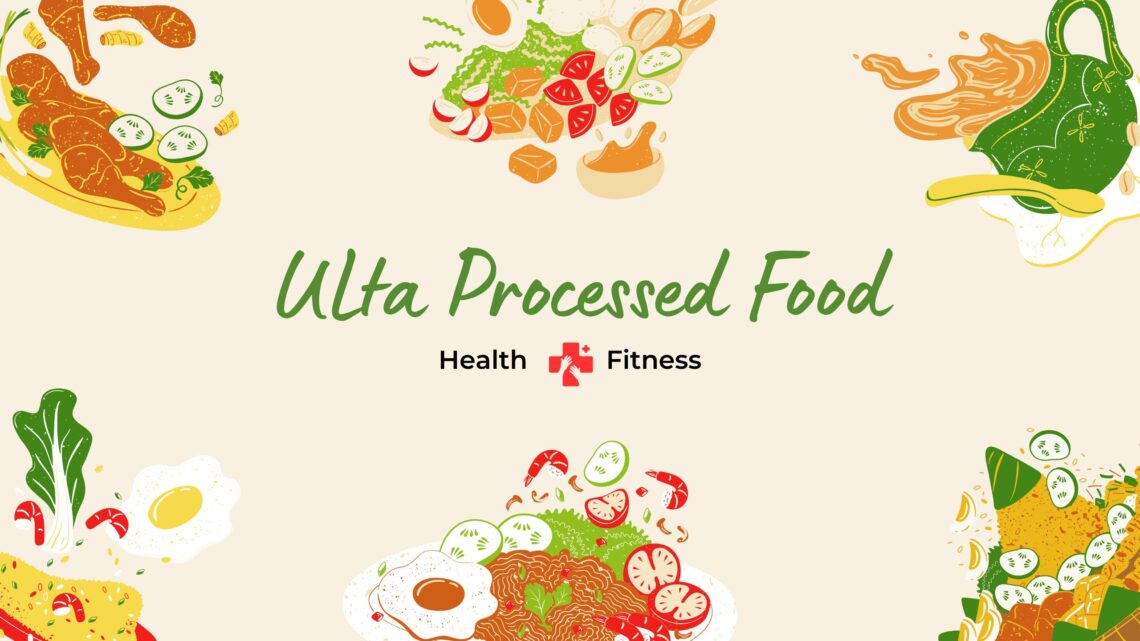Introduction: Why Processed Food’s Are So Popular — and So Dangerous
In today’s fast-moving world, many people choose processed foods because they are affordable, convenient, and widely available. Whether it’s frozen dinners, canned soups, chips, or soft drinks, these products are often found in every household.
But convenience comes at a cost. Regular consumption of processed foods has been scientifically linked to a number of long-term health problems, including obesity, heart disease, diabetes, and cancer. This article will explore the reasons why processed foods are so accessible, the health risks they pose over time, and how you can make healthier food choices without breaking the bank.

Why Are Processed Foods So Affordable?
As a result, processed foods are often the cheapest and most accessible options in grocery stores. Here’s why:
- Mass production reduces costs for manufacturers.
- Long shelf life means less waste and lower risk for retailers.
- Government subsidies often favor ingredients like corn, wheat, and soy (used in many processed products).
- Low labor costs and automation reduce the price of processed meals compared to fresh cooking.
For many low-income families, affordability and convenience make processed foods a default option. Unfortunately, this also increases the risk of poor long-term health outcomes.
What Are Processed Foods?
Specifically, processed foods are those that have been altered from their natural state through methods such as:
- Freezing
- Drying
- Canning
- Adding preservatives, colorings, flavorings, or additives
They range from minimally processed (e.g., frozen veggies) to ultra-processed (e.g., microwave meals, sugary drinks, packaged snacks).
The Long-Term Health Effects of Processed Foods
1. Obesity and Weight Gain
Ultra-processed foods are:
- High in added sugars and fats
- Low in fiber and nutrients
- Designed to be over-consumed (high “bliss point”)
This leads to caloric surplus and weight gain, even when people don’t feel full.
🧪 Study Insight: A 2019 NIH study found that participants eating ultra-processed diets consumed 500 more calories per day and gained more weight than those eating unprocessed meals.
2. Increased Risk of Type 2 Diabetes
Processed foods often cause:
- High blood sugar spikes
- Insulin resistance
- Increased fat storage
Regular consumption can significantly increase the risk of developing type 2 diabetes, especially when combined with low physical activity.
3. Heart Disease and High Blood Pressure
Many processed foods are rich in:
- Trans fats
- Sodium
- Artificial additives
These increase the likelihood of hypertension, arterial plaque buildup, and heart failure. In the long run, your cardiovascular system pays the price.
4. Cancer Risks
The World Health Organization (WHO) classified processed meats like bacon, sausages, and ham as Group 1 carcinogens, which means they are linked to certain cancers, especially colorectal cancer.
In addition, other additives found in processed foods—like synthetic colorings and preservatives—are under scientific investigation for potential links to several forms of cancer
5. Mental Health Decline
Emerging studies link processed foods to:
- Increased depression and anxiety
- Mood swings
- Cognitive decline
This may be due to:
- Lack of essential brain nutrients (omega-3s, magnesium, etc.)
- Chronic inflammation triggered by unhealthy additives and sugar
Cost vs. Health: Is It Worth It?
While processed foods may save money upfront, the long-term health costs can be severe:
- Expensive medical bills
- Missed work due to illness
- Reduced quality of life
Instead of thinking only short-term, consider health an investment. Choosing better food options now can prevent diseases that are expensive and difficult to treat later.
Affordable and Healthy Alternatives to Processed Foods
Therefore, you can eat nutritious meals without overspending. Here are some affordable options:
| Processed Food | Healthy Alternative | Notes |
|---|---|---|
| Instant noodles | Whole grain pasta with veggies | Make in bulk and freeze |
| Soda or cola | Water with lemon or herbal tea | Cut sugar & save money |
| Frozen pizza | Whole wheat pita with tomato, cheese, and fresh vegetables | Quick and customizable |
| Packaged chips | Homemade popcorn with olive oil | Cheaper and healthier |
| Canned soup | Homemade lentil or veggie soup | Can be frozen and reheated |
Smart Shopping Tips for Eating Healthy on a Budget
- For instance, buy in bulk: grains, beans, oats, and lentils are cheap and versatile.
- In addition, cook in batches: freeze portions to avoid fast food temptations.
- Fruits and vegetables are cheaper when in season.
- Moreover, use discount stores or farmers’ markets: they offer lower costs and often fresher produce.
- Instead, limit packaged items and focus on raw ingredients and whole foods.
Final Thoughts: Choose Health Over Hype
While processed foods are undeniably affordable and convenient, their long-term health impact can be devastating. The risks of obesity, heart disease, diabetes, and mental decline are simply too high to ignore.
In fact, by making simple and affordable adjustments to your diet—like opting for whole foods, cooking at home, and reading labels—you can improve your health without overspending.
Eat smart. Live long. Feel better.
Above all processed foods offer convenience and affordability, regularly consuming ultra-processed items can negatively impact your long-term health. From increasing the risk of obesity and heart disease to affecting your energy and mood, the side effects are real and concerning.
That said, not all processed foods are harmful. The key is balance. Choosing minimally processed options like frozen vegetables, canned beans, or whole-grain bread can be both healthy and budget-friendly.
Focus on awareness, not fear. Read labels, limit heavily processed snacks and meals, and prioritize whole, nutrient-rich foods when possible. Small, consistent changes in your diet today can lead to a healthier, stronger you tomorrow.
FAQs on Processed Foods and Health
Q: Can I eat processed foods occasionally?
A: Yes, moderation is key. Therefore, focus on limiting ultra-processed items rather than eliminating all processed foods.
Q: What’s the difference between processed and ultra-processed?
A:In fact, ultra-processed foods are industrial formulations with many ingredients, often with little or no whole food content.
Q: How can I quickly identify unhealthy processed foods?
A:For example, look for long ingredient lists with chemical names, high sugar or sodium content, and artificial additives.




